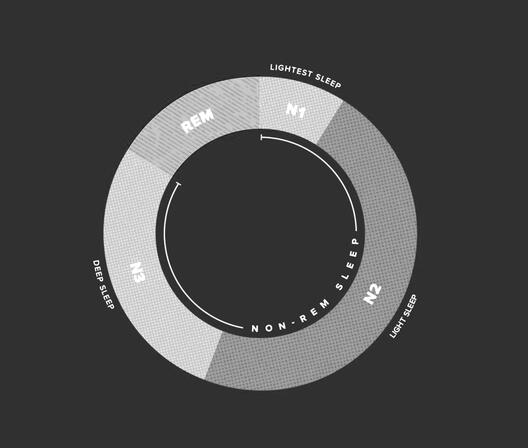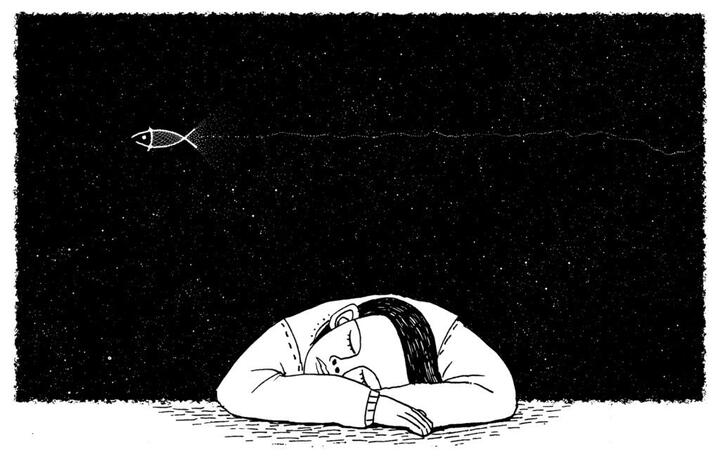English 10 MYP
DREAM RETENTION
(click on the tabs on the top left of the page to navigate!)

what is a dream?
| Dreams are a series of involuntary images, feelings, and thoughts that we experience when asleep. Typically, they involve all five senses, but this is different for everyone. They are like a story told from a first person point of view (the dreamer's perspective). |
| There are also many types of dreams, such as nightmares, which are "bad" dreams that are negative and fear-inducing. Another type are lucid dreams, where the dreamer is aware that they sleeping and in dream. |

REM sleep is the last stage in the sleep cycle.
It lasts for around 10 minutes, but gets progressively longer with each cycle.
who dreams?
| Everyone dreams when sleep. In fact, we have anywhere from 5 to 7 dreams in a single night, each of which can last anywhere from 5 to 20 minutes. On average, this totals to 2 hours for the entire night. A third of your life is spent sleeping, six years of which is entirely on dreaming. |
when and where
do we dream?
| Dreams occur during the REM sleep, which is the last stage of the 90-minute sleep cycle. During REM, the body experiences several changes, like muscle paralysis and having increased blood pressure & heart rate. A peaceful and quiet environment is the best place to ensure you can dream comfortably. |
why and how do
dreams happen?
| There is no definitive answer that has been accepted as a conclusive truth to why we dream. However, experts studying sleep and dreams have given a variety of explanations: dreams might be playing out subconscious desires, replaying the day's events, or even act as a form of psychotherapy. |
why do we forget our dreams?
We only remember 5% of our dreams, despite having so many of them. Several factors contribute to this. Alongside being the stage where dreams occur, REM sleep is also when the brain actively forgets those dreams.

Additionally, studies have shown that the frontal lobe is deactivated during REM sleep. An important function of the frontal lobe is forming and remembering memories. If it’s not in use when you dream, it makes sense that you wouldn’t be able to recall your experiences well.
| what affects dream retention? |
|---|
| Personality: Introverts and more introspective individuals typically have better dream retention, while extroverts and active people will be worse at remembering dreams. |
| Sleep Habits: A good night’s rest can be the deciding factor to whether or not you will remember what you dreamt about the next morning. This is because your brain will prioritize rest over dreams. Sleeping disorders or not getting enough sleep will hinder your ability to recall your dreams. |
| Intent: If you are actively focusing and working on dream recall frequency, it’s obvious that you will start to see results in how well you are able to remember your dreams. But if you aren’t actively thinking about them, it’s likely that you'll forget about your dreams. |
what steps can you take?
Compiled here are four methods that you can use to improve your dream retention. In my research to find ways to remember my dreams better, I have attempted all of these to varying degrees of success. But why would you want to remember your dreams? Researchers have discovered that dream recallers are able to take their heightened memory retention into real-world situations, for things like important dates and special events.
| : | Track sleep cycle and REM | : |
Each sleep cycle is approximately 90 minutes long. Waking up in the final moments of REM when your dreams have just occurred is the best time for you to remember them. Use a sleep calculator and set a schedule, what is recommended is 5-6 cycles, or between 7.5 and 9 hours of sleep.
Text
| : | Start a dream journal text | : |
As soon as you wake up, write down as much as you can about your dreams. Try creating a timeline of events, treating it like a movie you just watched. Physically writing with a paper and pencil might yield better results, as you will retain this information better.
| : | Fall asleep and wake up slowly | : |
If your alarm startles you awake, you will most likely jump to turn it off. Even something as short as this will drift your attention away from your dream, and in mere seconds it can slip away completely. Instead, wake up naturally (if possible) and don’t move abruptly when you do.
Text
| : | Focus on rememberingxttext | : |
This one seems like a given, but you should focus your intent on actually remembering. Mentally prepare yourself and hold yourself to expectations, this will ensure you don’t forget your goal as soon as you wake up